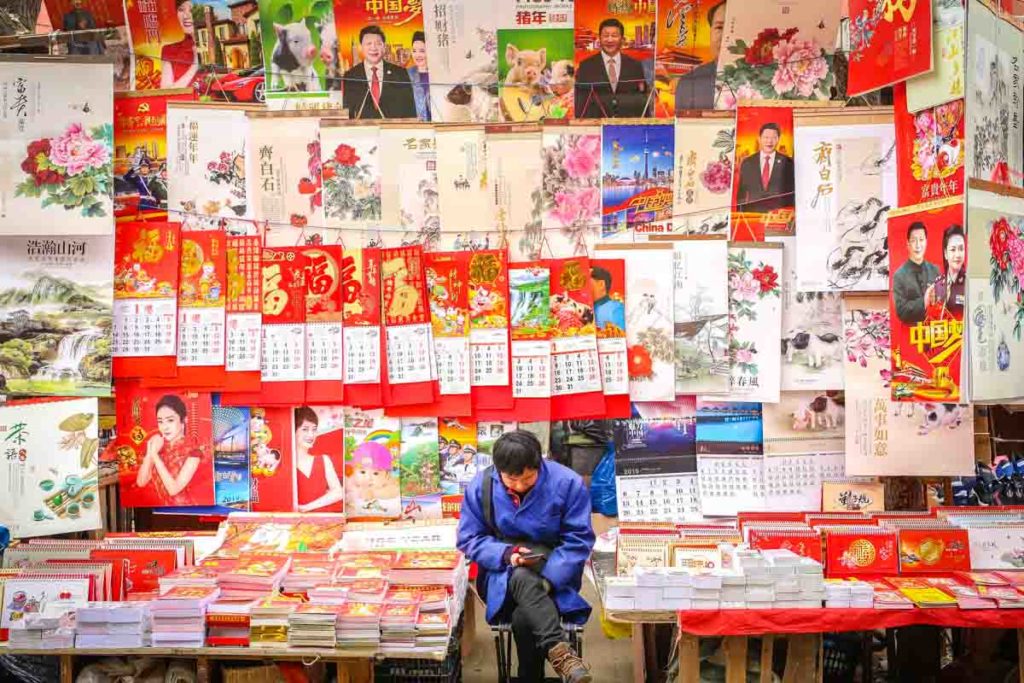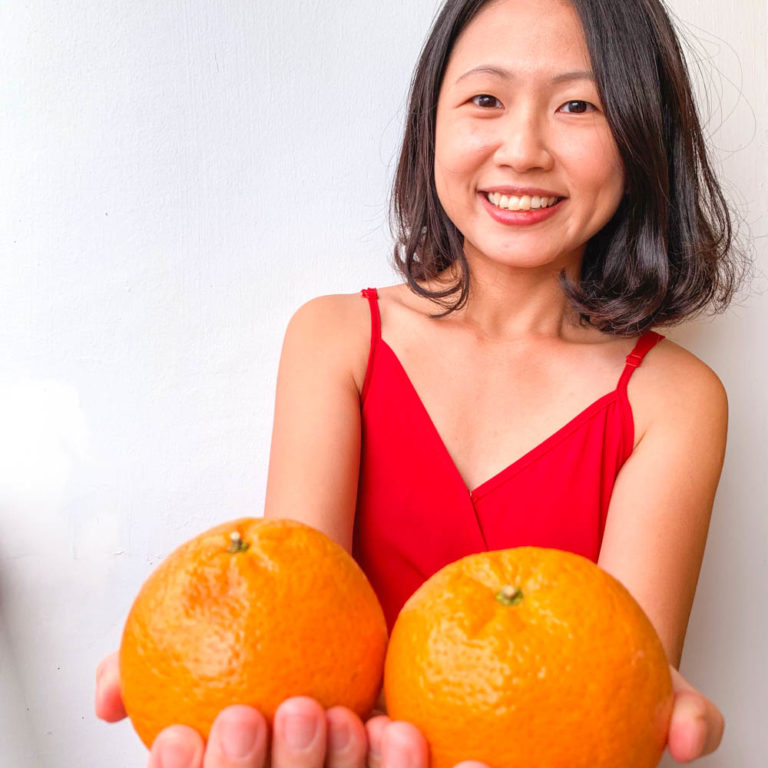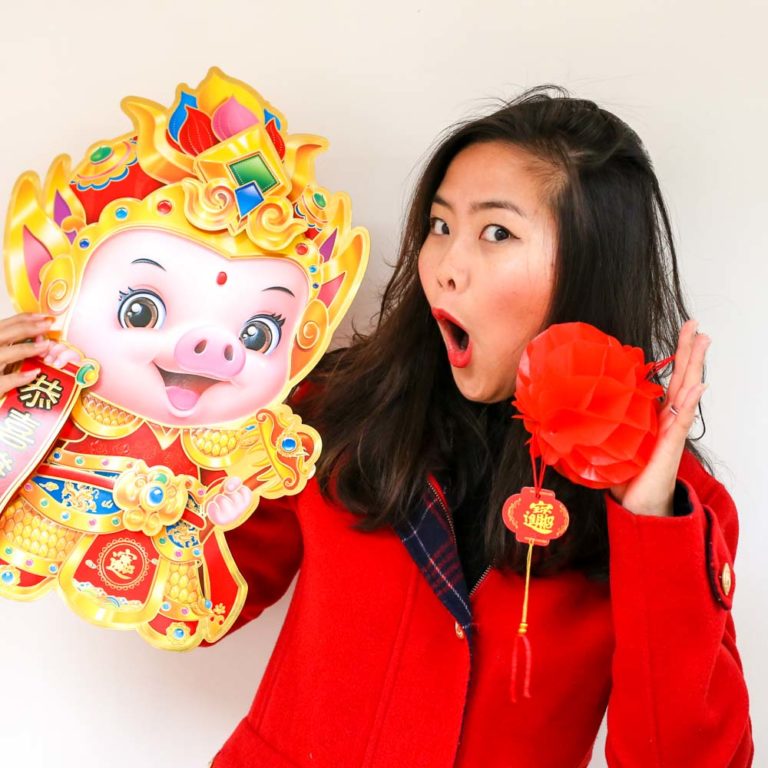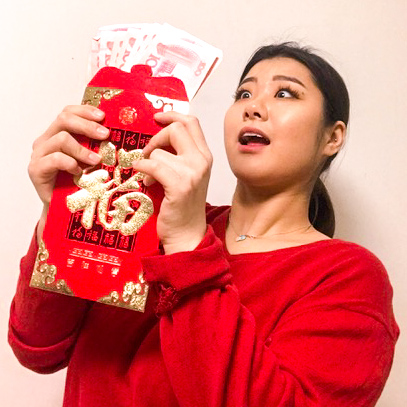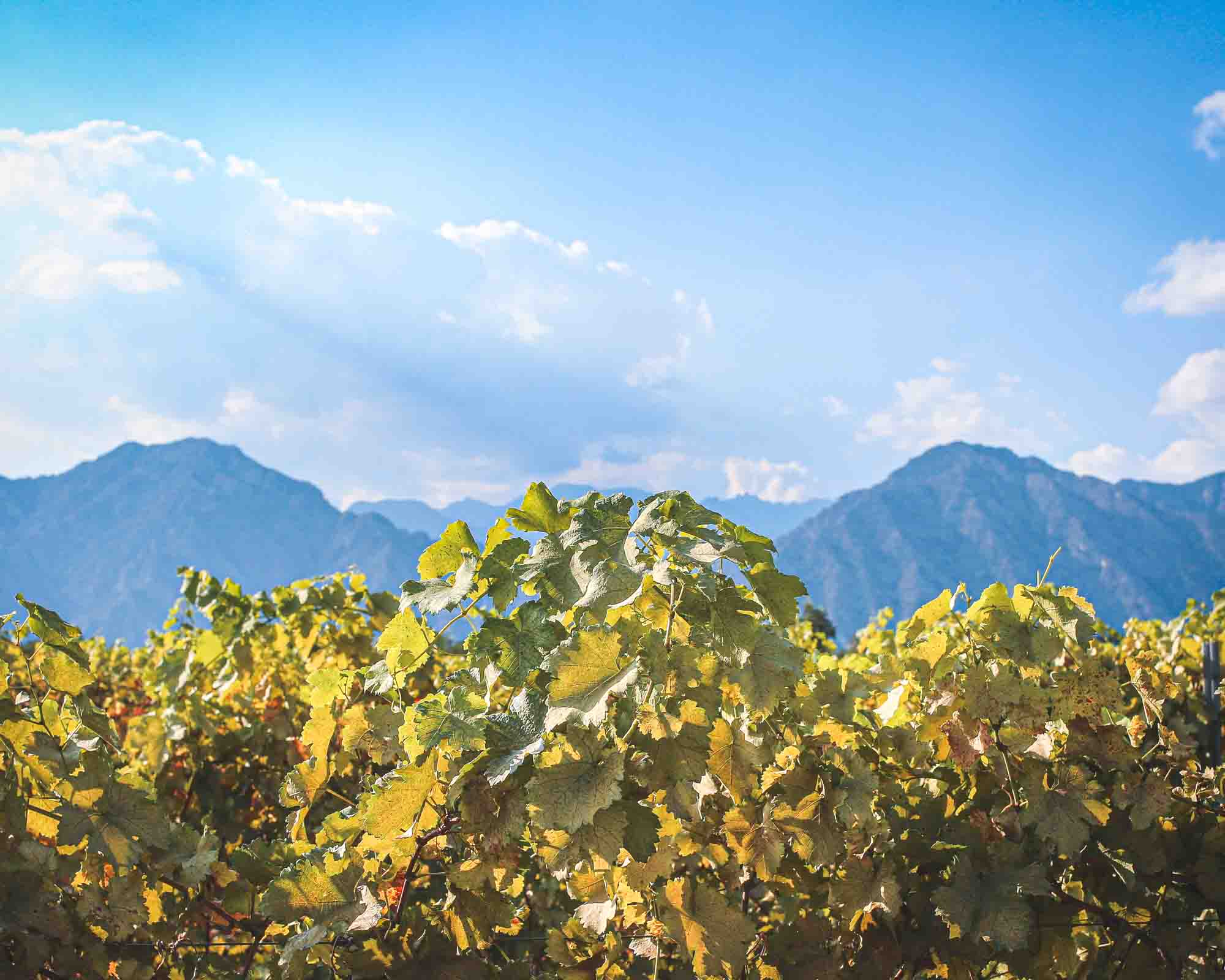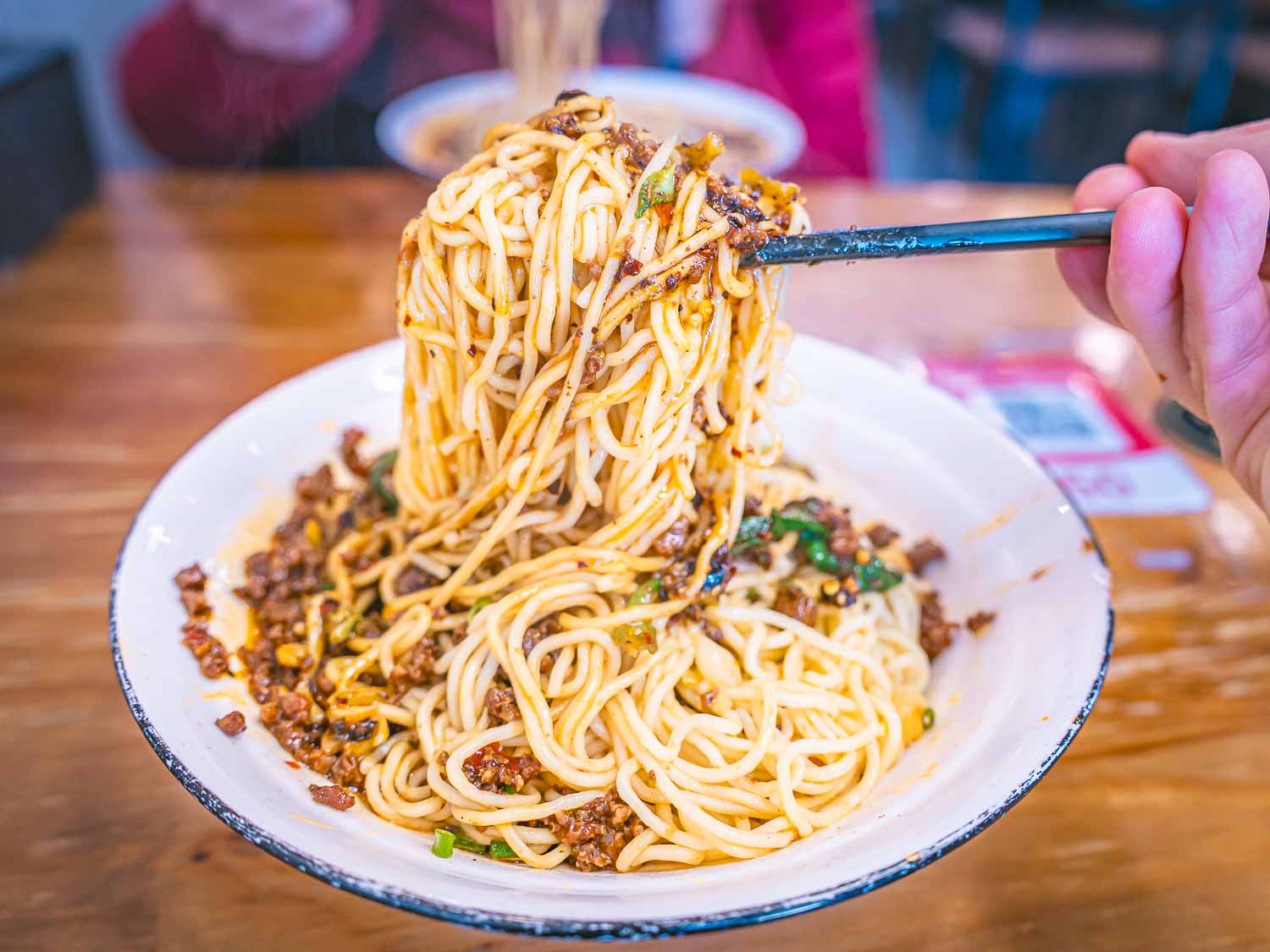
Beijing’s Best Restaurants in 2024
From Peking duck to the humble dumpling, we have compiled a few of our favorite foreigner-friendly local restaurants in Beijing. Criteria for this list means they have menus with English and/or photos and serve authentic and stupid-delicious fare. This is your meal itinerary if you’re traveling through Beijing. Don’t just pick one, try them all.

